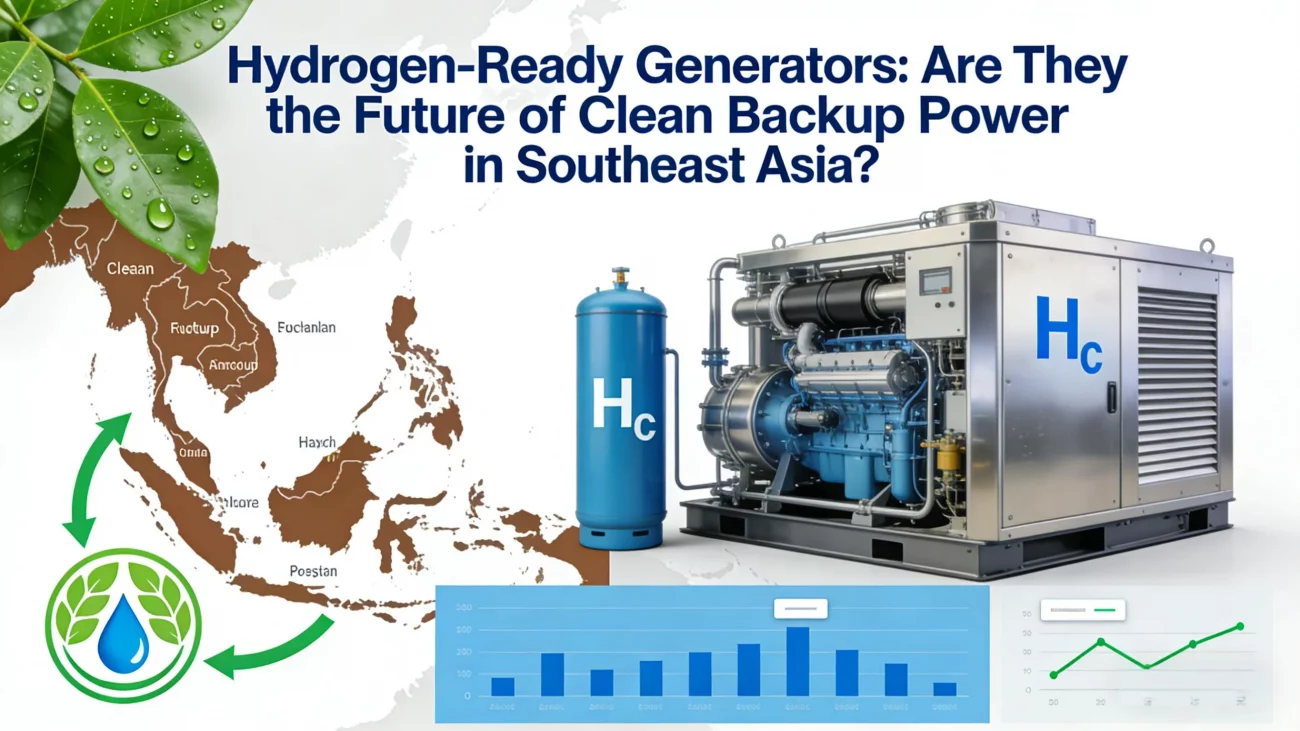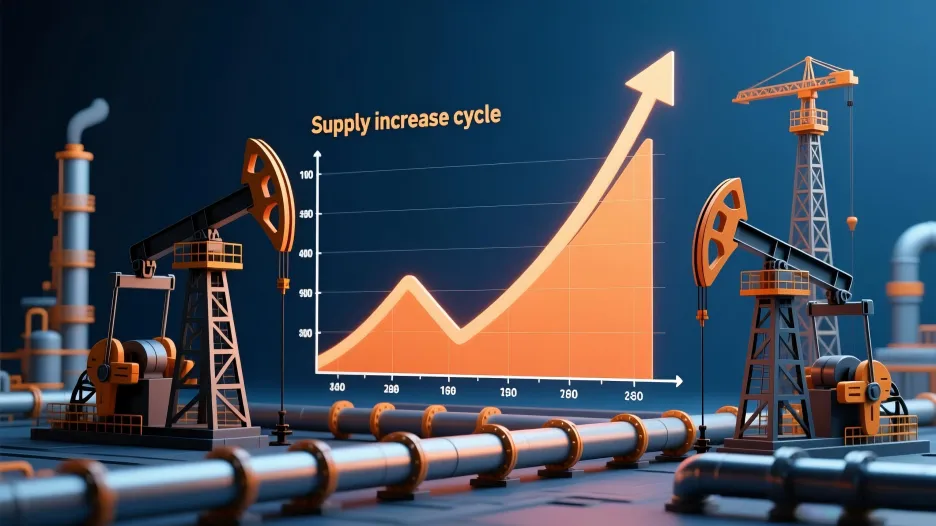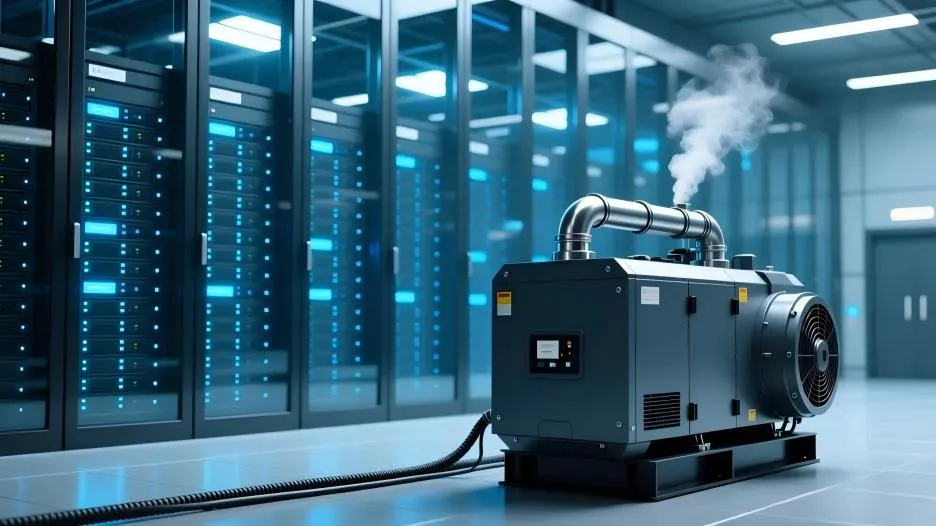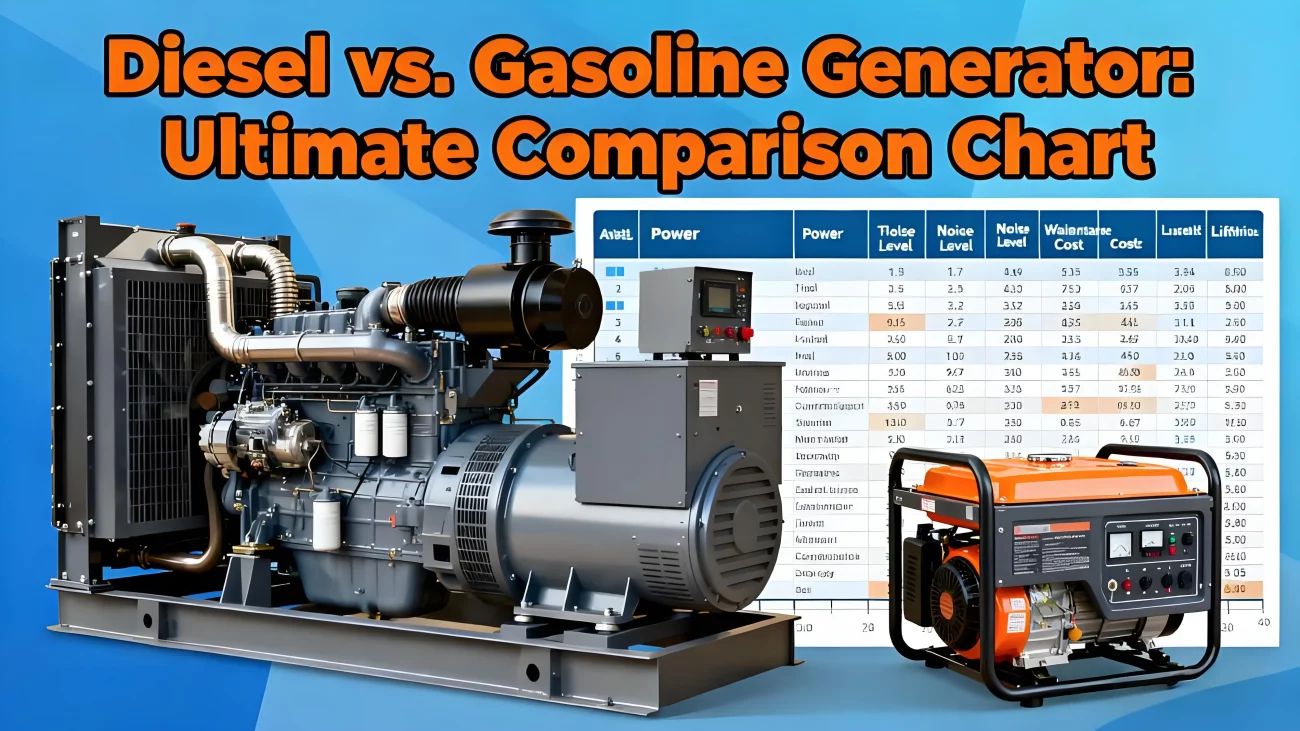Future Fuels and Hybrid Systems: The Path to Decarbonization

The Decarbonization Imperative
The generator industry is on a definitive path to reduce its carbon footprint. While current regulations focus on local pollutants (NOx, PM), the long-term pressure to mitigate CO2 emissions is driving R&D into next-generation fuels and system architectures.
The future of backup power is not a single technology, but an intelligent, integrated system that combines the reliability of traditional generators with the efficiency of modern energy storage and control systems.
This path involves modifying or designing engines to run on lower-carbon fuels, offering a direct approach to emissions reduction.
Hybrid generator systems represent the most practical and rapidly adoptable step-change in reducing fuel use and emissions.
Hybrid System Benefits
The synergy between traditional generators and modern battery storage creates multiple operational and environmental advantages.
A Pragmatic and Scalable Future
Hybrid systems represent a commercially viable approach to decarbonization that balances environmental goals with practical power reliability requirements.
Hybrid systems represent a pragmatic and scalable bridge technology, offering a substantial decarbonization boost while leveraging the existing reliability and power density of diesel generators. They demonstrate that the most effective path to sustainability often involves intelligent integration of established and emerging technologies rather than complete replacement.











